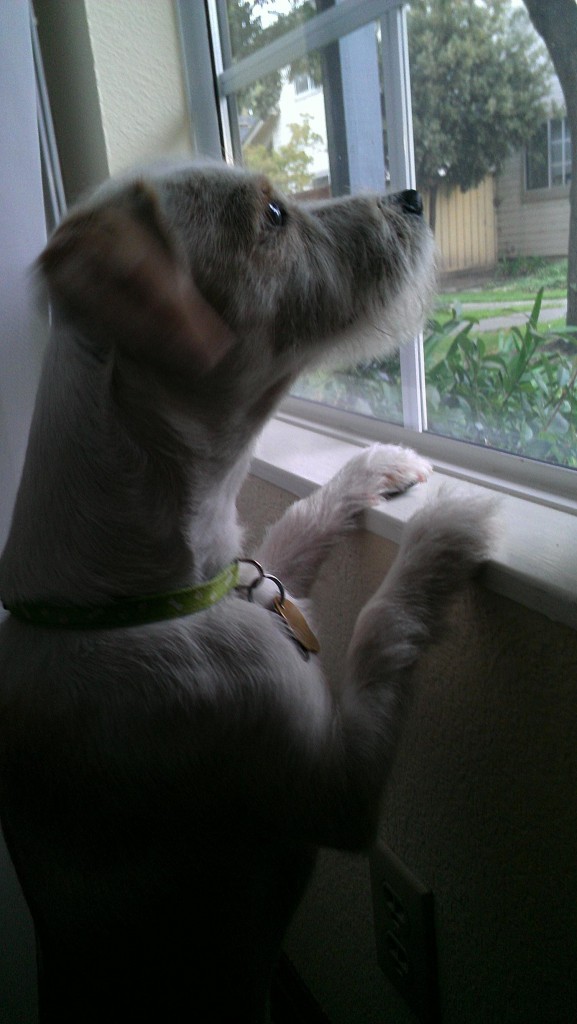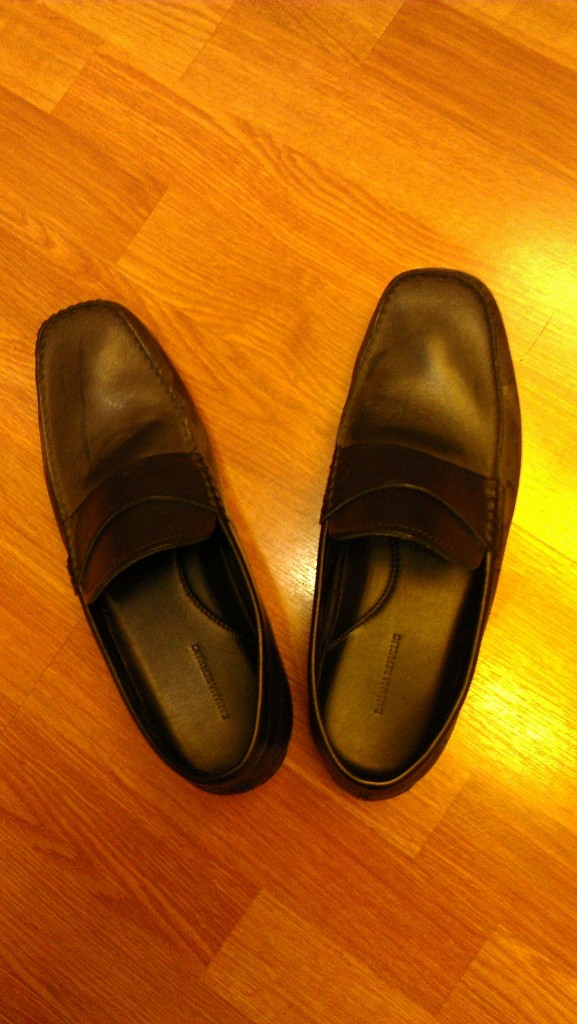Imagine being stuck on a tattered life raft in the middle of the Pacific Ocean. Hungry sharks periodically encircle the raft. You’re on the verge of starvation and dehydration. Your body is covered with painful sores from sweltering days and bone-chilling nights. You endure this ordeal for more than 40 days only to find this was simply a warm-up to the pain, suffering, and humiliation to come.
So begins the incredible story of Louis Zamperini, beautifully captured by author Laura Hillenbrand in her book “Unbroken.” Unbroken chronicles Louie’s life, from son of Italian immigrants to USC track star to Olympic distance runner. But the heart of the book details Louie’s capture and survival as a Japanese POW in World War II.
I was drawn to this book because of Louie’s incredible life story. But more importantly, I hoped to draw life lessons on how to overcome adversity from a man who exemplifies the power of the human spirit.
Set Your Vision and Expectations: When Louie’s B-24 crashed into the Pacific Ocean, there were only three survivors. After several days with no rescue in sight, the chances for survival became grim. Louis and co-pilot Allen Phillips continued to pray and believe in their rescue. The other surviving crewmember slowly gave up and slipped away.
What we visualize and expect sets the direction of our lives. You blew a big presentation today. The job interview that you killed never resulted in an offer. We fail and are disappointed on a daily basis. However, these are only steps forward to where we want to be. Continue to hold that ideal picture of yourself and who you want to be. If you don’t stop, you’ll eventually get there.
Cut A Toughness “Groove”: A notoriously sadistic and brutal Japanese guard, Mutsuhiro Watanabe (nicknamed “The Bird”), was obsessed with Louie. He singled Louie out from all the other POW’s, each day administering horrific beatings along with other de-humanizing tasks. Louie refused to be broken by The Bird, standing as long as he could until his legs either gave from underneath him or he passed out. These acts of defiance from Louie and other POW’s not only strengthened their resolve to survive; it made them stronger.
Scientific research shows that our mind is malleable, meaning we can form patterns or “grooves” in how we act or respond. Nietzsche’s famous quote – “What doesn’t kill me makes me stronger” – accurately describes this phenomenon. We face a fear, conquer a challenge, or fail and get back up. All of these things help us improve; but more importantly, strengthen our mind for the next time. So the next time you successfully come away from adversity or a setback, take heart in knowing your confidence and mental toughness will only be stronger when faced with challenges in the future.
Celebrate Small Victories: Beaten down, sick, and with their dignity stripped away, Louie and the other POW’s had to find ways to survive day-to-day. One way was through small victories. Whether through stealing food (and getting away with it) or fooling the guards into saying something funny in English, these tiny “wins” were enough to lift their spirits. No matter how small, it was enough to help them get to the next day.
You might look at 10 things you did today and focus on the one wrong thing that happened. Instead of focusing on what went wrong, how about celebrating the nine things that went right. You worked out for only 30 minutes? You worked out. Wrote for only a half hour? You put something down on paper. Remember the Toughness Groove in our mind? It works the same with how we look at things. Focus on the negative all the time and guess what you’re going to see all the time? By focusing on what’s right, opportunities and joy are allowed to shine through.
Focus on Others: As bad off as Louie was, there were other POW’s in much worse shape. But no matter how bad conditions were or how little food there was to go around, men were still willing to unselfishly sacrifice their food and clothing to support others. These acts of kindness strengthened bonds and improved morale.
Sometimes we get so wrapped up in our own problems and issues that we forget others. We live and look at things in a vacuum. It’s good to get out of our own heads and focus on others once in a while. By doing so, we serve others, get away from our own problems, and give our spirit a much-needed boost.
What other ways can we remain “unbroken?”










